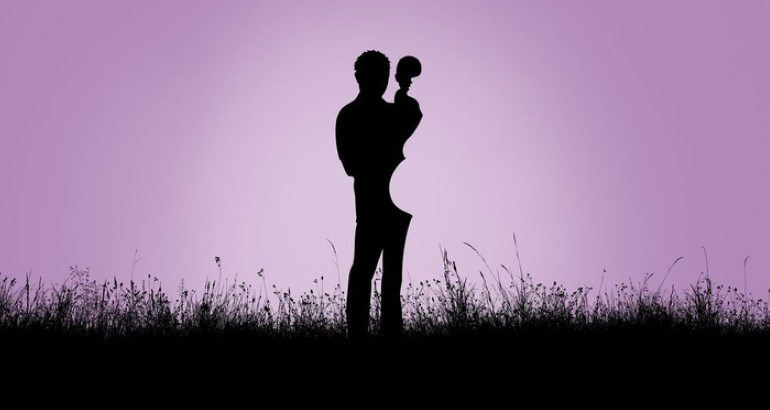Aftershock (2022): A Harrowing Exposé of America's Maternal Health Crisis

- Film





Overview
Paula Eiselt and Tonya Lewis Lee's documentary Aftershock (2022) is a groundbreaking investigation into the U.S. maternal mortality epidemic, particularly its disproportionate impact on Black women. Through the stories of two families who lost loved ones in preventable childbirth complications, the film exposes systemic racism in healthcare while following activists and bereaved partners fighting for change. Winner of the U.S. Documentary Special Jury Award at Sundance, Aftershock combines intimate storytelling with urgent advocacy, making it one of 2022's most vital nonfiction films.
Contents
The Story: Personal Tragedies, Systemic Failure
The Direction: Balancing Grief and Hope
The Story: Personal Tragedies, Systemic Failure
The documentary centers on the deaths of Shamony Gibson and Amber Rose Isaac, both young Black women who died from postpartum complications that might have been prevented with proper care. Their partners, Omari Maynard and Bruce McIntyre, become unlikely activists, channeling grief into organizing the Black Maternal Health Week movement.
Parallel narratives include:
- Shawnee Benton Gibson (Shamony's mother), a doula working to educate expectant mothers
- Felicia Ellis, an incarcerated woman fighting for prenatal care
- Healthcare professionals revealing institutional biases (e.g., the false belief Black women have higher pain tolerance)
The Direction: Balancing Grief and Hope
Eiselt and Lee employ a multifaceted approach:
- Verité footage of births and protests creates immediacy
- Animated sequences visualize medical trauma when real footage isn't available
- Archival material connects current crises to historical patterns (e.g., J. Marion Sims' experiments on enslaved women)
- Social media integration shows how Amber's story went viral via #SayHerName
The tone avoids exploitative trauma porn. A particularly powerful choice: showing Omari practicing how to discuss Shamony's death with their son, rather than just the death itself.
Key Revelations
The film exposes shocking statistics with human faces:
- Black women are 3-4x more likely to die from pregnancy than white women
- 60% of maternal deaths are preventable (CDC)
- NYC data: Black college-educated mothers have worse outcomes than white HS dropouts
Notable scenes include:
- A doctor admitting medical schools still teach racist biological myths
- Bruce confronting hospital administrators who initially blamed Amber's death on "patient noncompliance"
- Formerly incarcerated women describing being shackled during labor
Impact and Legacy
Since release, Aftershock has:
- Been screened at Congressional briefings
- Inspired policy changes in NYC (where both women died)
- Spurred partnerships with advocacy groups like National Birth Equity Collaborative
- Become a training tool for medical schools
The film's Hulu release (paired with a 2022 White House maternal health initiative) amplified its reach beyond traditional documentary audiences.
Why This Matters Now
With Roe v. Wade overturned, the film's warnings about reproductive justice feel even more urgent. As co-director Eiselt noted: "Maternal mortality is the canary in the coal mine for healthcare inequity."
Critical Reception
Praised for its "unflinching yet graceful" approach (Hollywood Reporter), the film holds a 100% Rotten Tomatoes score. Some critics wished for deeper exploration of solutions, but most agreed its power lies in centering bereaved families' voices rather than offering pat answers.
How to Help
The film's site (aftershockdocumentary.com) directs viewers to:
- Support the ARIAH Foundation (founded by Omari)
- Advocate for the Momnibus Act (pending legislation addressing maternal health disparities)
- Demand hospital accountability through local review boards
Final Assessment
More than just a documentary, Aftershock is part of a movement. By marrying personal storytelling with concrete calls to action, it honors its subjects while demanding viewers move beyond passive sympathy to active change. Essential viewing for anyone concerned about racial justice, public health, or simply what it means to care for one another in a broken system.






